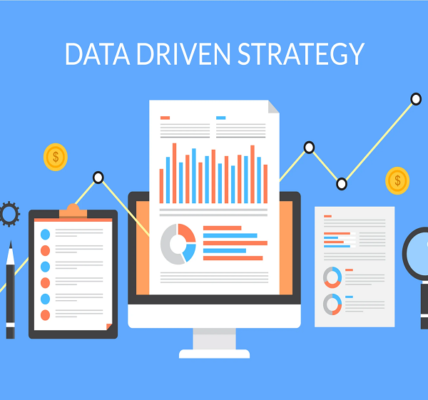Recruiting and taking care of employees on a daily basis is hardly an easy task. Indeed, it requires time, energy and know-how and interpersonal skills to better encompass all the adventures. But in the digital age, the human resources of companies are being transformed to adapt to the requirements of increased competition and to the younger generations. Is HR really prepared for the change linked to digitalisation? Complex reality for large companies. The digitization of Human Resources requires training employees but also implementing digitization and discarding old habits.
The 6th digital HR barometer of Sopra HR and L’Usinedigitale, carried out among 255 HR decision-makers, at the end of 2022, teaches us that 31% of them believe that their company has a good level of maturity in terms of digital transformation . (8 points less in one year),. However, 36% consider this level to be bad. Fortunately, 58% of companies plan to increase their investment in these types of HR solutions in the future.
Indeed, the recruitment of employees, management or being the interface between employees and the management of people are functions that no company can do without. Even if this position has had an explicit definition for a decade in medium and large companies, this profession tends to remain in traditional habits. As a result, digital transformation is struggling to take hold. These new technologies are essential, as was the Internet in its first steps. However, in the same way people who are reluctant to use them because they are secured by habits. The observation is that many companies use digitization very little,
Digitizing, a considerable work
At the scale of large companies, the human resources department very often lags behind and the transition does not take place. Employee files are rarely digitized. they clutter a good number of cupboards, to the point that finding a classified or archived document generates a considerable waste of time. Older generations who lead HR departments are finding it difficult to accelerate change. Indeed, such a transition requires a heavy amount of work because of the number of employees to manage with their files. In most large companies, digitization does not take place, such as scanning documentsen masse is an extremely time-consuming and tedious task. In addition, older generations encounter difficulties in familiarizing themselves with these technologies and slow down their progress.
Train and train employees in digitalization
The difficulty of HR departments to switch to digital transformation can be circumvented. Even if the older generations are a little reluctant, they know that it is a compulsory passage. For 10 years they have been experiencing the intrusion of new technologies on a daily basis both in their professional sphere and their private life. In order to help them, various training courses offer HR to identify the challenges of digitalization and to understand the practices they generate.
are being set up in companies. They avoid long training courses and with the help of MOOCs (online courses), HR manages to settle into the digital age. Whether through the digitization of documents, the resulting laws or even social networks, learning new technologies and their practices is an obligation for HR.
Talent recruitment, at the heart of digitalization
With regard to social networks, the human resources of medium and small companies use these tools for recruitment. To broadcast their ads and sometimes chat with candidates before the interview, companies use Facebook or Twitter. These human resources services have understood the impact of social networks on the new generations. They can therefore now recruit young profiles for whom digitization holds no secrets.
Adapting, the major challenge
If companies choose to adapt to new technologies and their practices, it is to guarantee progress in modernity and generate internal development. This is why they even make efforts by specializing in digital and using new technologies for training or conferences. This is the case of Orange or Sodexo, which use artificial intelligence to train their employees. Not only is the company part of a desire to digitize, but the cost remains lower compared to the mobilization of several employees at the same time and the cost of providing a trainer.
A time-consuming change
The digitization of human resources saves considerable time. To do this, it is necessary to digitize all the documents so as not to be burdened with tons of paper on a daily basis. Among other things, it allows you to create a database that can be used later for other purposes. This is a real time saver for the departments which can carry out internal studies or even tools for the management of the company and the employees.
Digitization, at the heart of sustainable development
Not only does digitalization save time for HR, but it is also an ecological practice. It is better to digitize the documents and distribute them by email, not only will you save time and money, but you will also be more respectful of the planet. Many companies still send payslips by post. This requires time and above all a large amount of paper, while your employees will be more satisfied to receive them by email.





